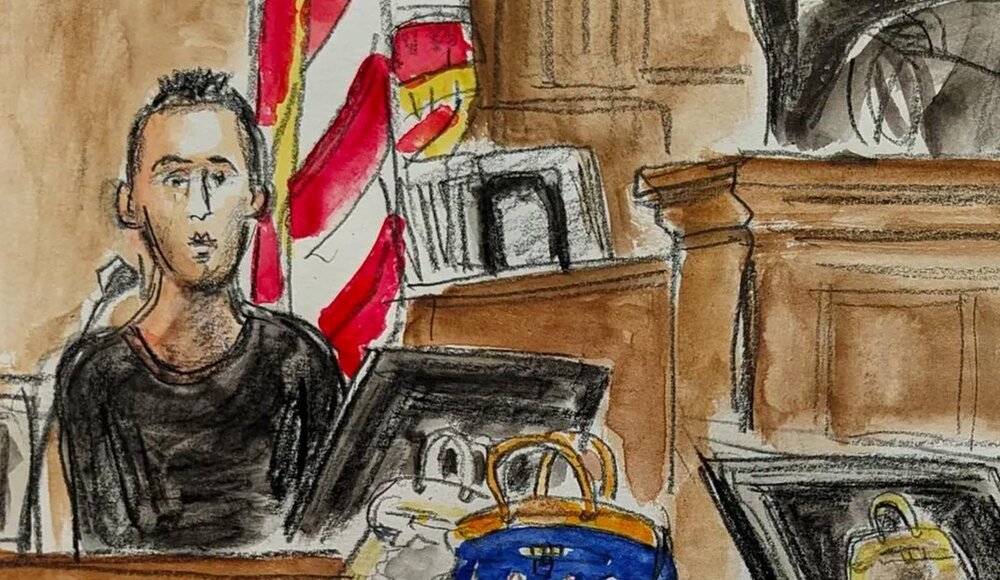$133,000 damages for trademark infringement
In one of the first cases to deal with the high-tech new art world of non-fungible tokens (NFTs), a New York jury ruled on Wednesday that an artist broke the trademark rights of the French fashion house Hermès by selling pictures of fake fur purses as NFTs. The jury decided that artist Mason Rothschild's fake versions of Hermès's famous Birkin bags, which he covered in fur and put in a collection of pictures he called "MetaBirkins" and sold for more than $1 million, were likely to confuse consumers. The jury gave Hermès $133,000 in damages for trademark infringement, dilution, and "cybersquatting," which is when a brand's trademark is registered or used with bad intentions. The jury decided that Rothchild's use of pictures of the bag was not protected speech under the First Amendment.
Rothschild's lawyer, Rhett Millsaps, said that the outcome was "a bad day for artists and the First Amendment." Reuters asked for comments from Hermès representatives, but they did not respond right away. People have been paying close attention to the case because it could clarify how trademark law applies to NFTs, which are unique tokens on blockchain networks that are often used to prove who owns digital art. Birkin handbags made of high-quality leather by Hermès usually sell for tens of thousands of dollars each. Rothschild drew 100 whimsical pictures of the bags, like ones with rainbow-colored shag fur or green fur with a red Santa hat on it.
For Hermès the artist is only a digital speculator who wants to get rich quickly
Hermès filed a lawsuit, saying that the artist was just "a digital speculator who wants to get rich quickly by stealing" the Hermès brand. "Metabirkins brand simply steals Hermès's famous Birkin trademark by adding the generic prefix "meta," according to the original complaint filed by Hermès in January of last year. The "meta" in the name refers to the digital metaverse, which tech innovators are pushing as the next big thing for making money in tech.
Rothschild, whose real name is Sonny Estival, said that his use of the bags was like how Andy Warhol's famous pop culture silk screens showed giant Campbell's soup cans. He said that his drawings of the bags were an absurdist way to make fun of the way the fashion world goes too far. "I don't make fake Birkin bags or sell them. Rothschild said in a letter to the community after the case was filed, "I'm making artworks that show imaginary Birkin bags with fur on them."
A very important decision for brands
Michelle Cooke, a partner at the law firm ArentFox Schiff LLP who helps brands with trademark issues, said that the decision would be very important to brands because many have said they want to get into the metaverse, where they could make money selling digital clothes that avatars and other virtual people might wear. She said on Wednesday, "There's no doubt that this decision is a big win for Hermès and brand owners in general." "We don't yet know what made the jury decide in favor of Hermès. But one thing they probably thought about was proof that Rothschild started the MetaBirkins NFTs as a business, not just an art project.
She said that the fact that the jury made a decision after just one day of talking shows that the issues were clear to them. "The speed with which the decision was made also shows that the fact that NFTs were at issue did not slow down the jury," she said. "Instead, the jury seemed to decide that...existing trademark laws are flexible enough to protect the rights of brand owners when it comes to NFTs." But she said that the issue is likely to come up again as brands try to sell their products in the metaverse and as artists continue to push the limits of new types of technological art. She said that this case might even be taken to court. "In new digital environments, there will still be tensions between brand owners and content owners," she said.


 Selena Mattei
Selena Mattei